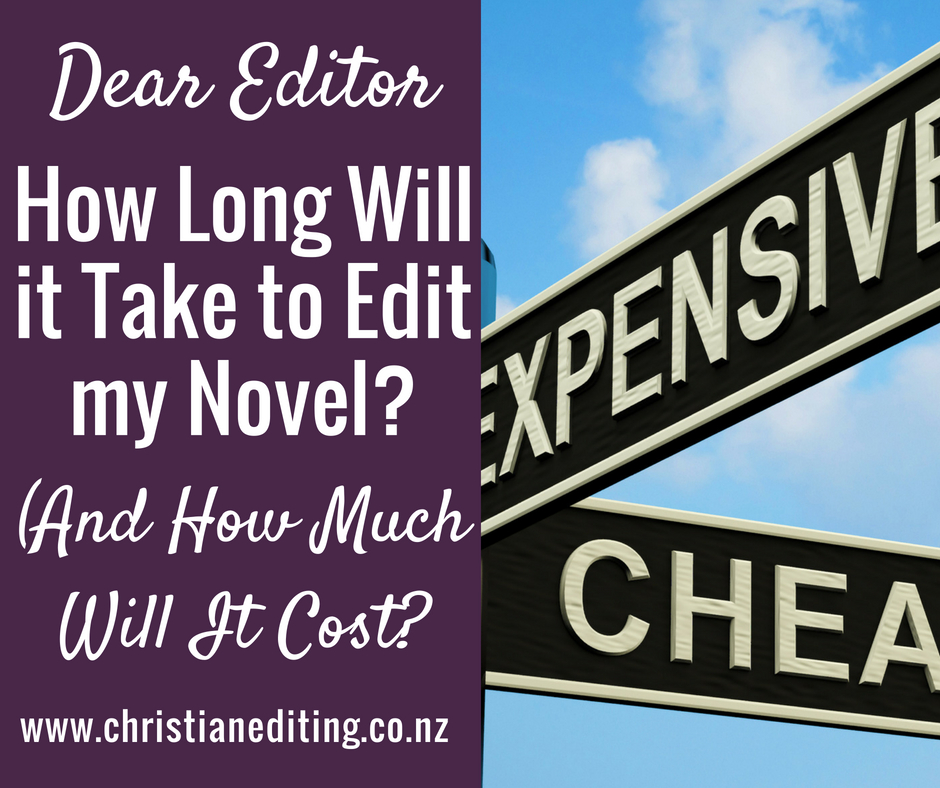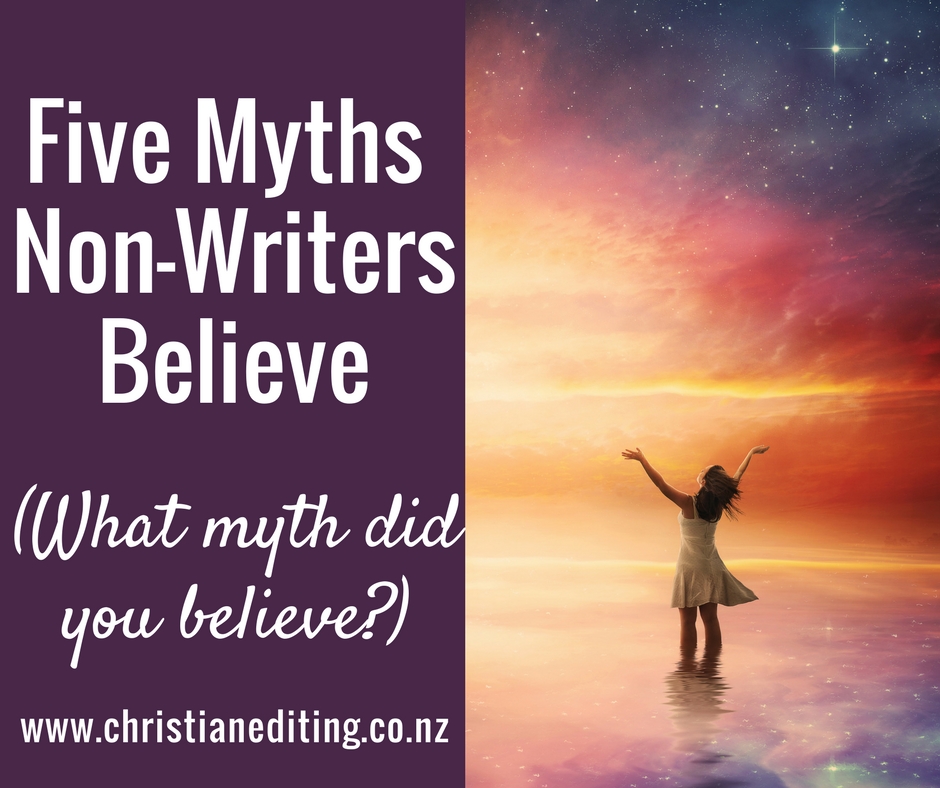I usually answer these kinds of questions with an it-depends kind of answer. Sometimes the answer is yes and sometimes it is no, depending on a variety of factors.
This is no one of those times. My answer is clear.
No.
You can’t edit your novel with Grammarly. (And I’m not just saying that because I’m an editor.)
Well, you can. But it won’t be correct.
This topic has come up in several editing groups I’m a member of. Yes, editors may well have a vested interest in saying they can do the job better than a piece of software. After all, that’s how editors earn money.
The general consensus among editors is that Grammarly is correct around half the time.
The challenge for authors who need help with spelling and grammar is working out which half.
I also have a real-life example to prove my point: a novel the author claims was edited in Grammarly. We’re both members of a Facebook group for writers, and the author shared that in a post. That’s all I’m going to tell you about the book. The point here isn’t to embarrass a new writer.
The point is to show that while Grammarly can identify more errors than spellcheck, that’s not going to give an error-free novel. Far from it.
Let’s go through the first few paragraphs in the Kindle sample:
“Sonny Quick, under the table.”
This sentence is grammatically correct if we assume the unnamed speaker is telling a character named Sonny Quick to get under the table. Unfortunately, that is not the case: the next line makes clear the unnamed speaker is telling a young boy called Johnny to get under the table.
To make this clear, the sentence should read:
“Sonny, quick, get under the table.”
This shows “quick” is an instruction, not the character’s surname.
Better still, revise the sentence to give the character’s name (Johnny), and avoid the awkward double commas:
“Johnny. Get under the table. Quick.”
Let’s move on.
Lieutenant Smith stomped in, slamming the door open.
Again, this sentence is grammatically correct: the words are spelled correctly, capitalised appropriately, and the punctuation is in the right place.
But it describes a practical impossibility. The lieutenant must open the door before he stomps in. Not after. As such, the sentence should read:
The door slammed open, and Lieutenant Smith stomped in.
So we have had two sentences that Grammarly has punctuated in a way that is technically correct, but which is incorrect based on the actual content.
This next sentence is missing two commas and a period. It also says “horseshoes” even though a blacksmith can only beat one horseshoe at a time. The sentence should read:
Mr Thomas said to Lieutenant Smith, “Johnny hasn’t turned up to work this morning, so I don’t know where he is. I’m busy.” He kept beating the horseshoe he was making.
That’s how a competent proofreader (or grammar checker) would edit the sentence. A line editor or copyeditor would revise the paragraph to start with dialogue and move the action beat to the middle:
“Johnny hasn’t turned up to work this morning.” Mr Thomas beat the horseshoe he was working on. “I don’t know where he is. I’m busy.”
Why? Because we don’t need to know who Mr Thomas is talking to. It’s obvious.
Lieutenant Smith grew red! His anger was visible.
The sentence doesn’t need the exclamation mark! It’s not a Hardy Boys novel! Too many exclamation marks are annoying! (They can also be a sign of poor writing …)
On the plus side, first the sentence is showing. Unfortunately, the next sentence tells the emotion, which isn’t necessary.
Mr Thomas’s shoe tapped Johnny on the knee, just motioning that he would keep him safe.
Again, this sentence is grammatically correct. But it doesn’t make sense. Try to visualise the scene: Mr Thomas is making horseshoes, an activity normally conducted on an anvil in a forge. I’m no blacksmith, but the pictures and demonstrations I’ve seen have the blacksmith facing an anvil (which he beats the horseshoe on). The anvil is positioned beside the forge, so the blacksmith can easily heat the metal. There will also be a bucket of water next to the anvil, so the blacksmith can quickly cool the metal.
At least, that’s how I picture a blacksmith’s forge. But that doesn’t match the description we’re given.
- If Mr Thomas is facing the anvil, how can he tap Johnny on the knee with his foot?
- Where is the workbench? It can’t be in front of Mr Thomas, as then the lieutenant would be able to see Johnny. It can’t be behind Mr Thomas, as that would mean making an awkward movement that would be sure to attract the lieutenant’s attention.
I don’t know. Again, an editor would have asked these questions so the author could either revise or delete the sentence.
That’s a lot of errors for four sentences on the first page of a novel. My conclusion: if you’re writing a novel, Grammarly is no substitute for a competent human editor.



